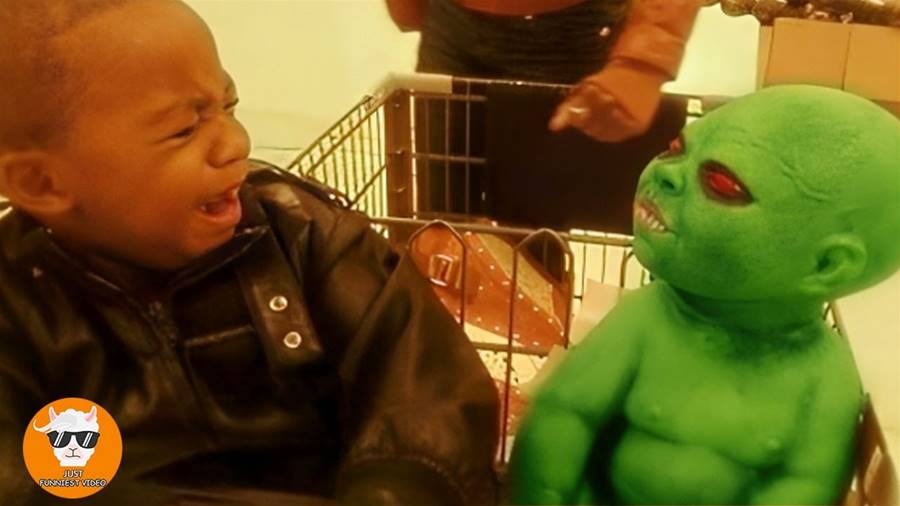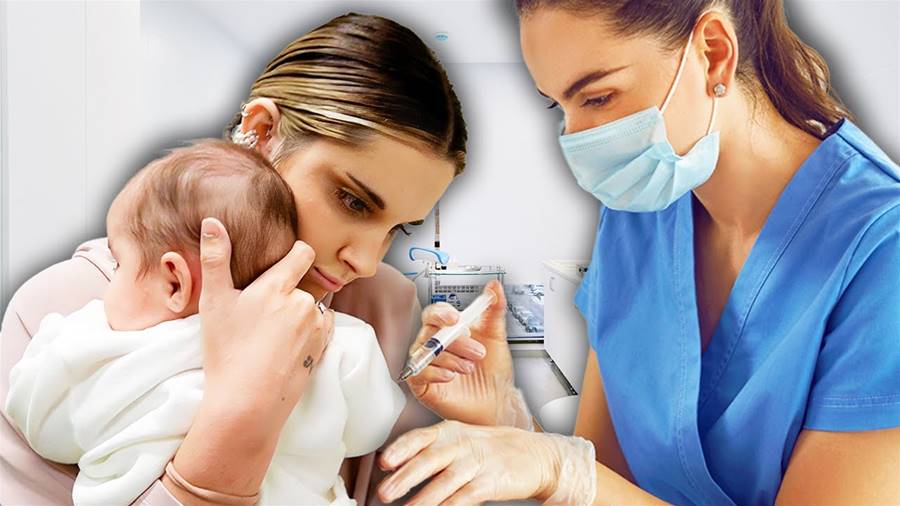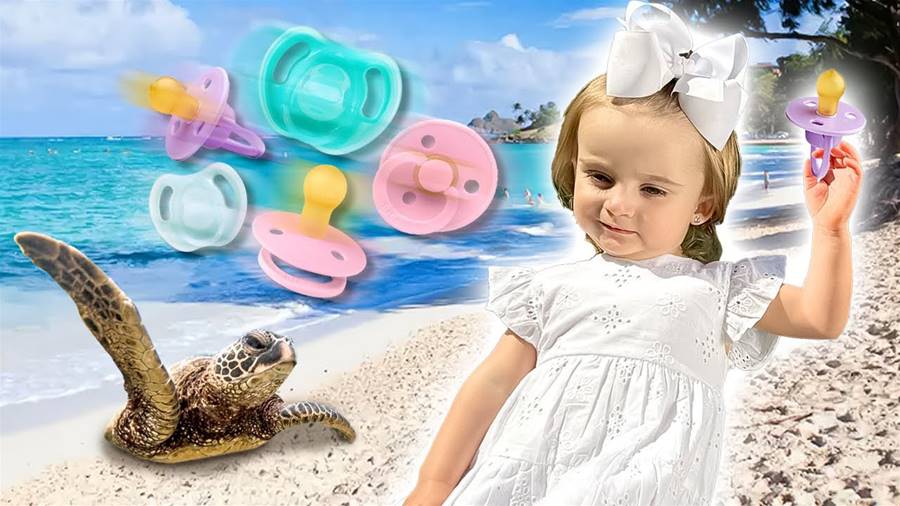
A new puppy has reportedly made a toddler sick. The article discusses how a family adopted a puppy, only to later find that their toddler had fallen ill. The parents initially believed that the child's symptoms were due to a common cold, but soon discovered that it was a case of a puppy-transmitted infection.
The family had brought home the new puppy, excitedly welcoming it into their household. However, shortly after the puppy's arrival, their toddler started showing signs of illness. At first, the parents dismissed it as a regular cold, assuming that the child had caught it from another family member or through exposure outside the home.
As the toddler's condition worsened, the parents decided to take them to the doctor for a thorough check-up. To their shock, the doctor informed them that the child had contracted an infection from the puppy. The specific infection was caused by a bacterium known as Campylobacter, commonly found in the feces of dogs and cats.
The doctors explained that Campylobacter can easily be transmitted through contact with contaminated surfaces or direct contact with infected animals. They advised the family to ensure proper hygiene practices, such as frequent handwashing, especially after handling the puppy or cleaning up its waste.
The family soon realized that they had overlooked some crucial steps in ensuring the puppy's health and hygiene. They had failed to ensure that the puppy was properly vaccinated before bringing it home, and they hadn't thoroughly cleaned and disinfected the surfaces it came in contact with. As a result, the infection easily spread throughout the household.
Campylobacter infections are characterized by symptoms including diarrhea, stomach cramps, fever, and vomiting. It can be particularly severe in young children, the elderly, and those with weakened immune systems. Fortunately, with proper medical care and hygiene practices, the toddler was able to recover from the infection.
This incident serves as a reminder for families to take precautions when introducing a new pet into the household, especially when young children are present. Proper vaccination, regular vet check-ups, and good hygiene practices are essential to ensure the health and safety of both the pet and the family. It is also crucial to educate oneself about the potential risks and infections associated with pets, as this knowledge can aid in preventing future illnesses and promote a safe environment.








